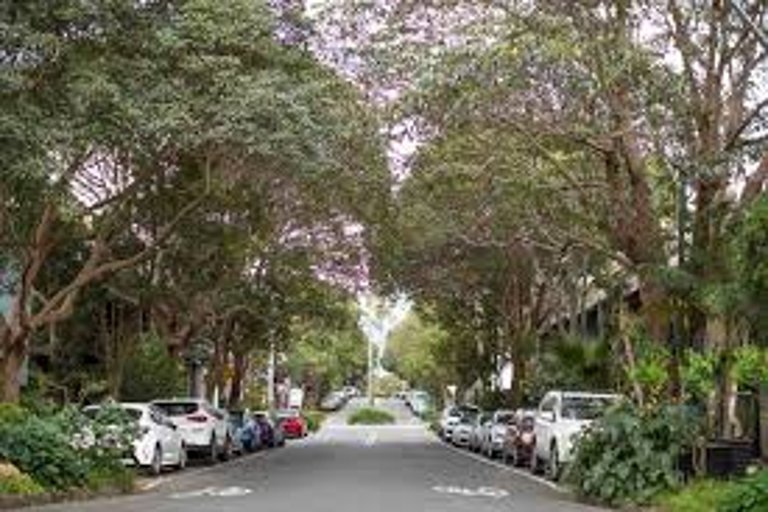Politics
Green Party Proposes Urban Rewilding Measures
The proposal includes transforming unused city lots into green spaces to combat heat and improve biodiversity in metropolitan areas.
17 May 2025 at 11:32 PM | By BridgeView Bulletin Editorial Team

The New South Wales Greens have introduced a bold urban rewilding proposal aimed at transforming disused and underutilized plots of city land into biodiverse green spaces. The plan, outlined in a new white paper released this week, envisions an interconnected network of mini-habitats, pollinator corridors, and microforests that support native flora and fauna within the heart of Sydney’s metropolitan sprawl.
According to the paper, decades of dense development have left many parts of Sydney lacking functional green space. Former industrial zones, neglected median strips, and overlooked utility easements are identified as prime candidates for ecological restoration. The proposal calls on councils and private landholders to collaborate in converting these areas into thriving ecosystems that can support bird life, insects, and native vegetation.
Key components of the plan include the planting of native tree clusters, installation of nesting boxes for local species, and the removal of invasive plants that have disrupted natural biodiversity. The document also proposes the integration of Indigenous land stewardship principles, developed in consultation with First Nations ecologists and elders from the Gadigal and Darug communities.
Green Party spokesperson for environment and planning, Abigail Boyd, described the initiative as an essential climate adaptation strategy. 'Urban rewilding is not just about beauty or nostalgia,' she said. 'It’s a critical tool for reducing heat island effects, improving air quality, and building community resilience against climate extremes.'
Pilot projects are already underway in parts of Marrickville and Alexandria, where small lots once covered in asphalt are being reshaped into native bushland. Residents in these areas have responded enthusiastically, citing reduced ambient temperatures, increased bird sightings, and improved mental wellbeing. Local schoolchildren have also been engaged in planting and maintenance efforts as part of sustainability curricula.
Funding for the initial rollout would come from a proposed $150 million Rewilding Sydney Fund, to be administered by the Department of Planning and Environment. The fund would offer grants to councils, NGOs, and even individual property owners willing to participate. Developers seeking approvals for new projects may also be required to offset land use by contributing to nearby rewilding initiatives.
While support for the idea has grown, critics warn that maintenance of naturalized urban zones could become burdensome for municipalities already facing budget constraints. In response, the Greens argue that community co-management models, along with low-maintenance native planting strategies, can keep costs manageable while delivering long-term ecological and social benefits.